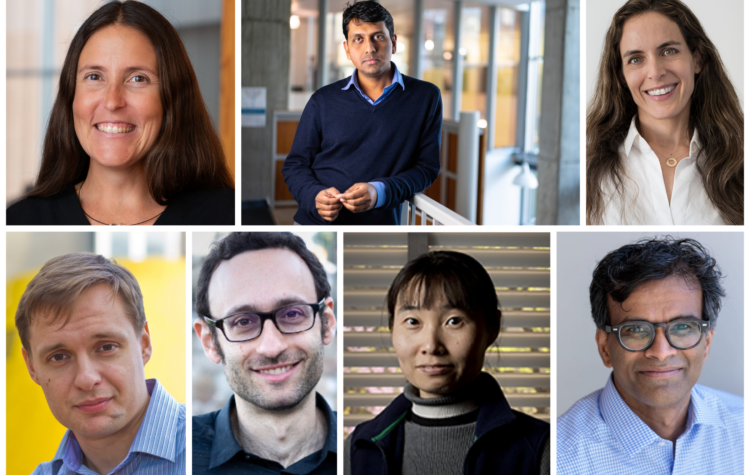
Department of EECS names new chair recipients
The new chairs became effective July 1.

The model could help clinicians assess breast cancer stage and ultimately help in reducing overtreatment.

Machine learning and the microscope
PhD student Xinyi Zhang is developing computational tools for analyzing cells in the age of multimodal data.
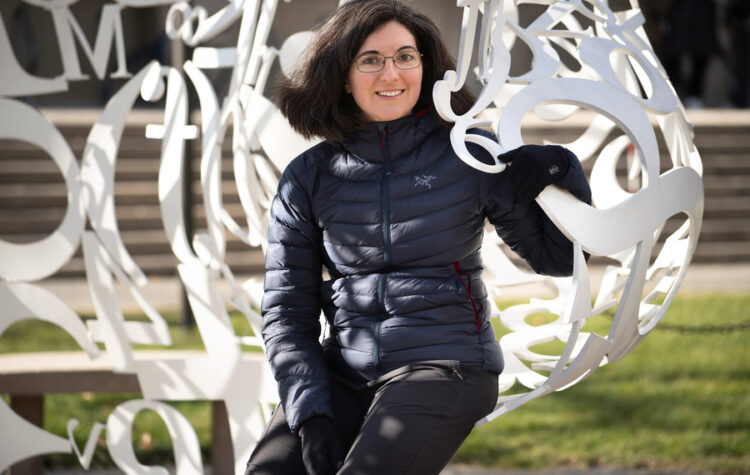
Dealing with the limitations of our noisy world
Tamara Broderick uses statistical approaches to understand and quantify the uncertainty that can affect study results.

MIT researchers develop a customized onboarding process that helps a human learn when a model’s advice is trustworthy.

AI accelerates problem-solving in complex scenarios
A new, data-driven approach could lead to better solutions for tricky optimization problems like global package routing or power grid operation.
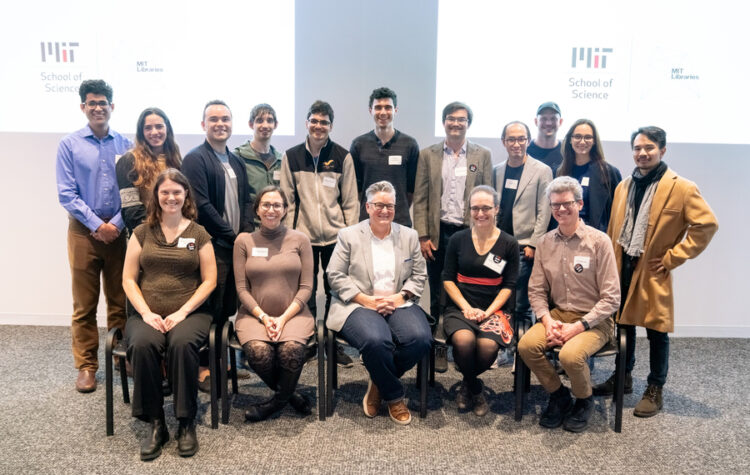
Rewarding excellence in open data
MIT researchers who share their data recognized at second annual awards celebration.
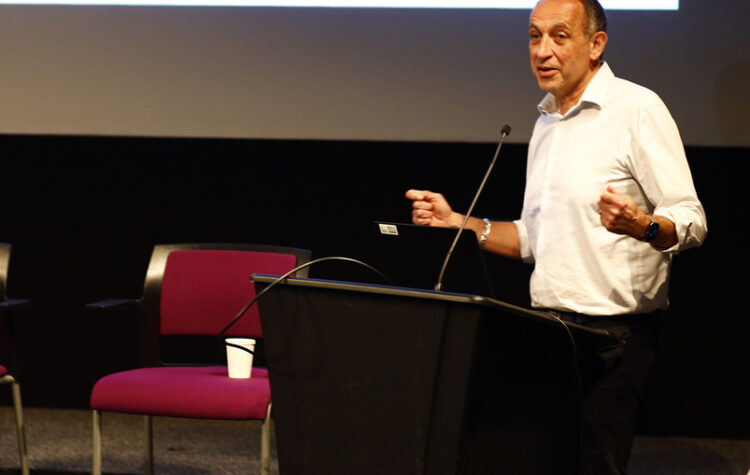
Celebrating the impact of IDSS
Taking the place of IDSS’s annual statistics and data science conference SDSCon, the celebration also doubled as a way to recognize Dahleh for his work creating and executing the vision of IDSS as he prepares to step down from his director position this summer.

The system they developed eliminates a source of bias in simulations, leading to improved algorithms that can boost the performance of applications.
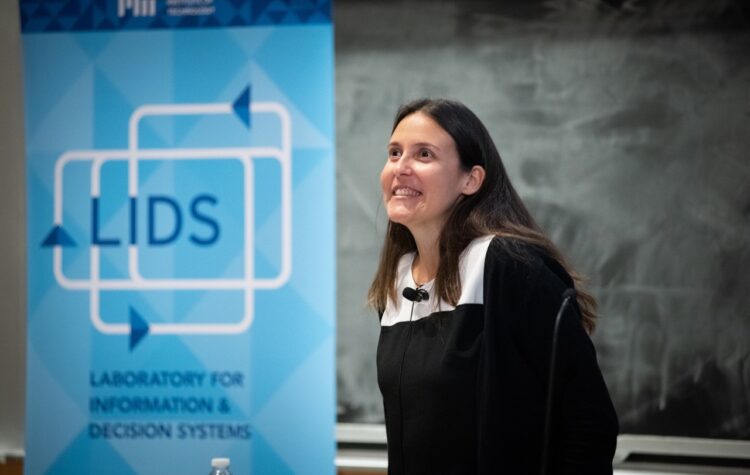
Caroline Uhler named SIAM Fellow for 2023
In the award announcement, SIAM noted that Uhler is being honored for her “fundamental contributions at the interface of statistics, machine learning, and biology”.